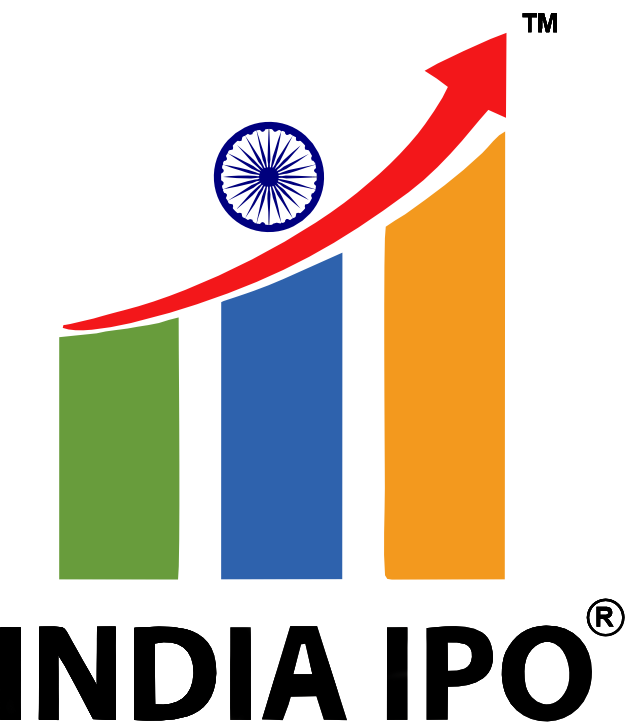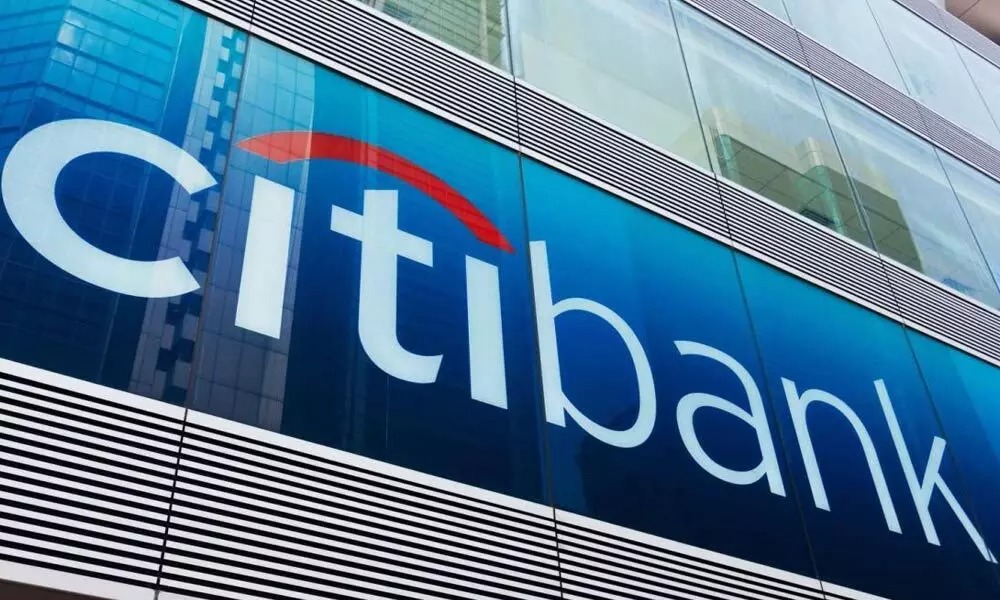


Large multinational corporations are still eager to explore initial public offerings (IPOs) in India despite Hyundai Motor India’s lukewarm market debut on Tuesday. According to Rahul Saraf, India head of investment banking at Citi, which advises many such companies, the listing has not dampened enthusiasm.
“I think they're actually encouraged by the listing of Hyundai rather than discouraged. We feel fantastic about the execution of the transaction, and it was very well received by institutional investors,” Saraf said during Citi’s virtual media roundtable on India’s investment banking landscape.
On Tuesday, Hyundai Motor India listed at ₹1,934 on the National Stock Exchange (NSE), slightly below its IPO price of ₹1,960. This ₹27,870-crore offering is the largest in Indian history, surpassing the ₹21,000-crore IPO of state-run Life Insurance Corp. of India (LIC) in 2022. Citi served as an advisor for the transaction.
The offering included 142.19 million equity shares, with Hyundai Motor Co, the promoter, selling part of its stake in its Indian subsidiary. Despite strong interest from institutional investors, the retail portion of the IPO was only 50% subscribed.
Arvind Vashistha, India head of equity capital markets at Citi, expressed confidence in the stock’s future performance. He highlighted the “best-ever anchor book in many years” and participation from “very large market investors” as positive indicators.
“We feel very confident about the success of the transaction. We have seen significant support from foreign institutional investors and meaningful participation from major investors in the main book,” Vashistha said. He added that interest has only increased post-transaction, with several significant deals in the pipeline expected to be announced soon.
Vashistha also noted growth in the new-age market ecosystem, which has evolved well and facilitates capital formation for innovative businesses, both privately and publicly. “The pipeline for this business has grown significantly. Many conversations are happening year-round, with India offering an attractive alternative to markets like Singapore,” he said.
Saraf predicted an increase in Indian corporations acquiring overseas assets next year, driven by high valuations and abundant capital available for raising. “We’ve seen the first wave of investing more in India, which will continue. Simultaneously, we expect a second wave of Indian outbound acquisitions,” he said. Sectors likely to drive this trend include auto, chemicals, and pharma, with potential for partnerships to access markets or technologies not available in India and opportunities for offshoring manufacturing.
By capitalizing on the evolving market dynamics, multinationals and Indian corporations alike are set to navigate the complex landscape of IPOs and acquisitions, reinforcing their positions in the global market.
Read more :No related blogs available.


